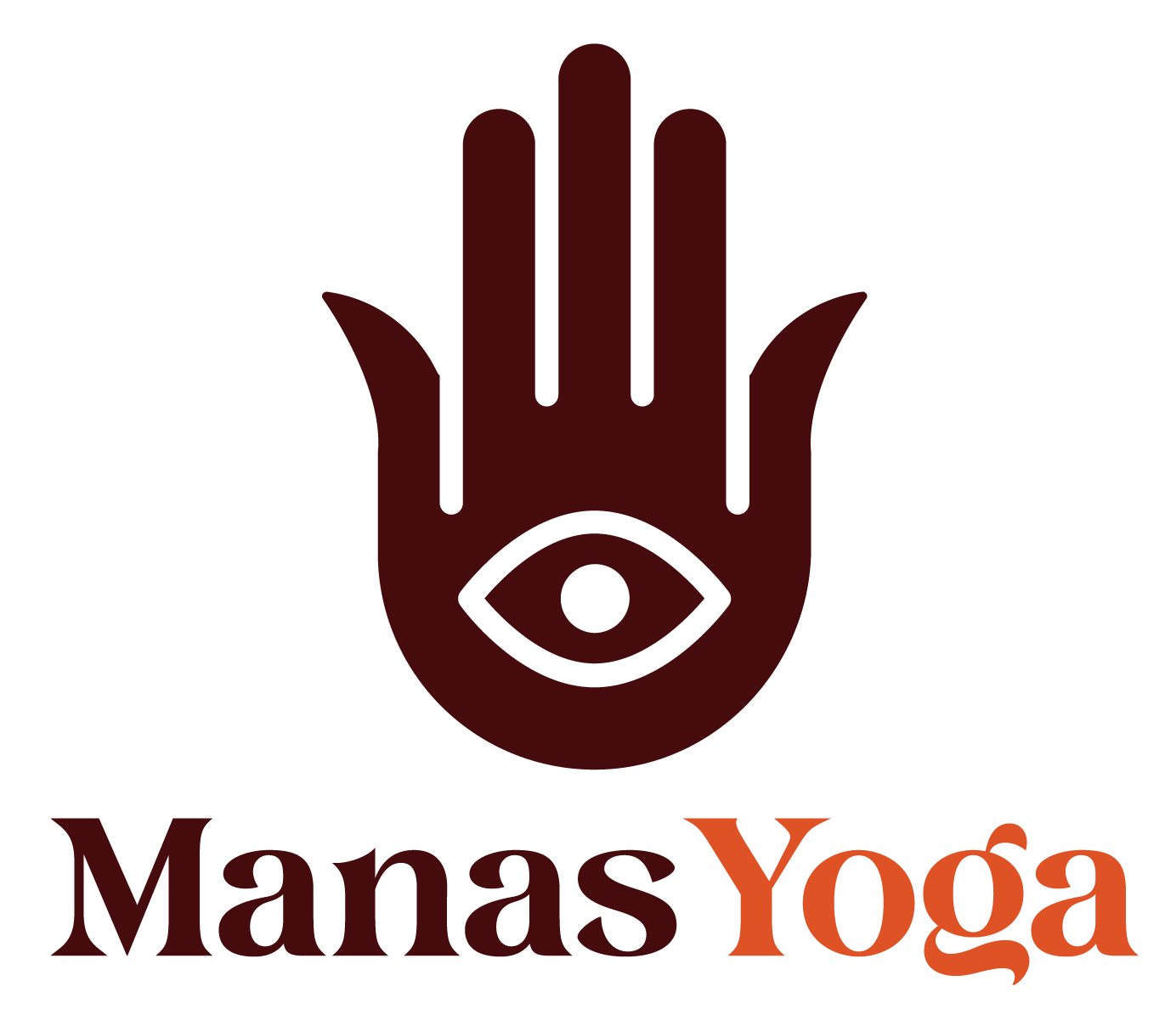The Weaponization of Beauty: Breaking Down Society’s Toxic Standards
From a young age, women are bombarded with messages about how they should look, behave, and feel, creating a perpetual sense of inadequacy that serves patriarchal interests while compromising their mental and physical well-being. In today’s society, beauty isn’t just an aesthetic preference—it’s a powerful tool of social control that disproportionately affects women and girls.
The beauty industry, valued at hundreds of billions of dollars, thrives on women’s insecurities. It’s not just about selling products; it’s about selling the idea that women are inherently flawed and need constant improvement. This message is delivered through carefully crafted marketing campaigns that present an impossible standard of beauty—one that is typically white, thin, young, and increasingly digitally altered.
Social media has amplified these pressures exponentially. Instagram filters, photo editing apps, and the constant stream of “perfect” images have created a new normal that exists nowhere in nature. Young women are comparing themselves not just to airbrushed magazine covers, but to algorithmically enhanced versions of their peers and themselves.
The consequences of these unrealistic beauty standards are devastating.
The rise in eating disorders among young women isn’t just a health crisis—it’s a direct result of a society that equates thinness with worth. The average age of onset for eating disorders continues to decrease, with children as young as six expressing concerns about their weight and appearance.
Body dysmorphia, anxiety, and depression have become common companions for many women who feel they can never measure up to society’s expectations. The mental load of constantly monitoring one’s appearance, weight, and aging process takes a tremendous toll on women’s psychological well-being (now imagine you don’t fit this look, maybe you have a different skin color, maybe a different body structure, that’s another blog!).
I am convinced that this weaponization of beauty standards is intrinsically linked to patriarchal power structures. By keeping women focused on their appearance, society effectively diverts their energy and resources away from other forms of empowerment and achievement. The constant pressure to maintain an idealized appearance serves as a form of social control, making women less likely to challenge existing power structures when they’re preoccupied with meeting impossible beauty standards.
This system operates through several mechanisms:
1. Economic Control: Women spend significantly more time and money on appearance-related products and services than men, reducing their economic power (in most cases women pay more for the same product just marketed to females! aka PINK TAX).
2. Professional Impact: Studies show that women’s appearance affects their career prospects and earnings in ways that men’s typically doesn’t, creating another layer of pressure and inequality.
3. Social Conditioning: Women are taught from an early age that their primary value lies in their appearance, undermining their confidence in other abilities and achievements.
Perhaps most insidiously, women face a constant double bind regarding beauty standards. They must be beautiful but not vain, maintain a perfect appearance while making it look effortless, and be attractive but not too attractive lest they be accused of seeking attention. This impossible balance creates a constant state of anxiety and self-doubt.
The path forward requires both individual and collective action. On a personal level, women can begin to question and reject these harmful standards, but individual resistance alone isn’t enough. We need systemic change that addresses:
- Media representation and diversity
- Education about digital manipulation and realistic body images
- Corporate responsibility in advertising and marketing
- Political action to address discriminatory practices
- Support for mental health resources and eating disorder prevention
The goal isn’t to reject beauty entirely but to reclaim it on our own terms. Beauty should be a source of joy and self-expression, not a weapon of oppression. We need to expand our definition of beauty to include all ages, body types, skin colors, and forms of self-expression.
The weaponization of beauty standards against women isn’t natural or inevitable—it’s a constructed system that serves specific social and economic interests. By understanding this system, we can begin to dismantle it and create a world where women’s worth isn’t measured by their appearance but by the full spectrum of their humanity.
The first step is awareness, but the next must be action. We need to support movements and organizations working to change these harmful narratives, challenge our own internalized biases, and create spaces where all women can feel valued regardless of their appearance.
Only by addressing both the personal and political dimensions of this issue can we hope to create lasting change. The journey to self-acceptance isn’t just an individual path—it’s a collective movement toward a more equitable and humane society.
Here at Manas Yoga, we see you, and your individuality and celebrate that! We welcome you with open arms into your journey to the Self.
